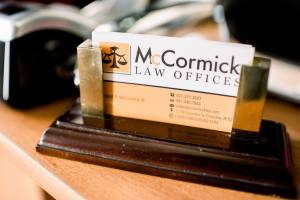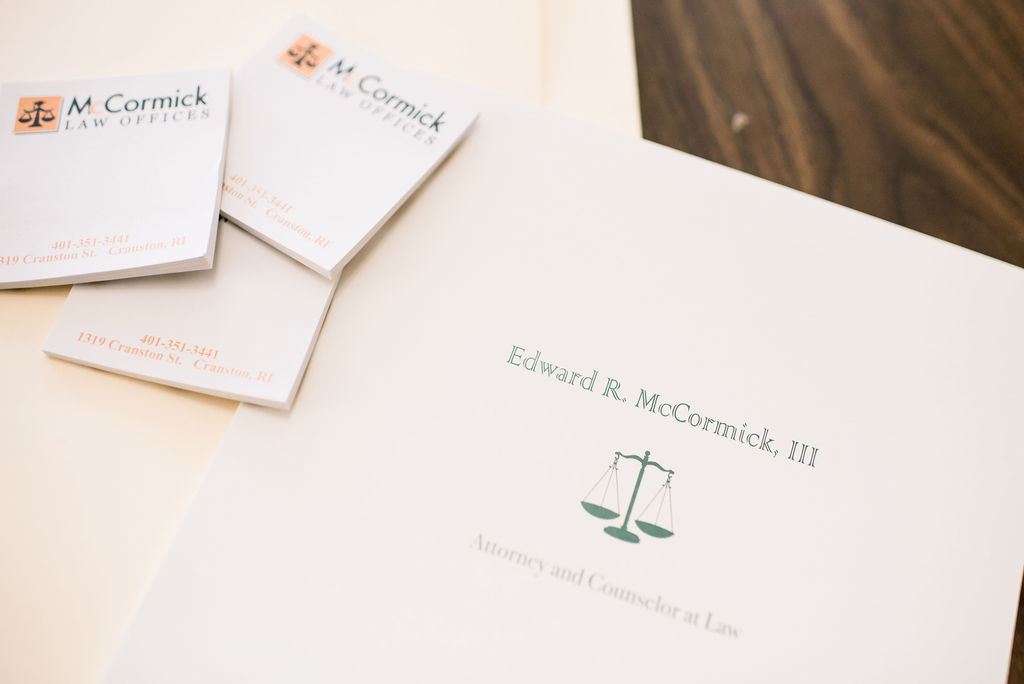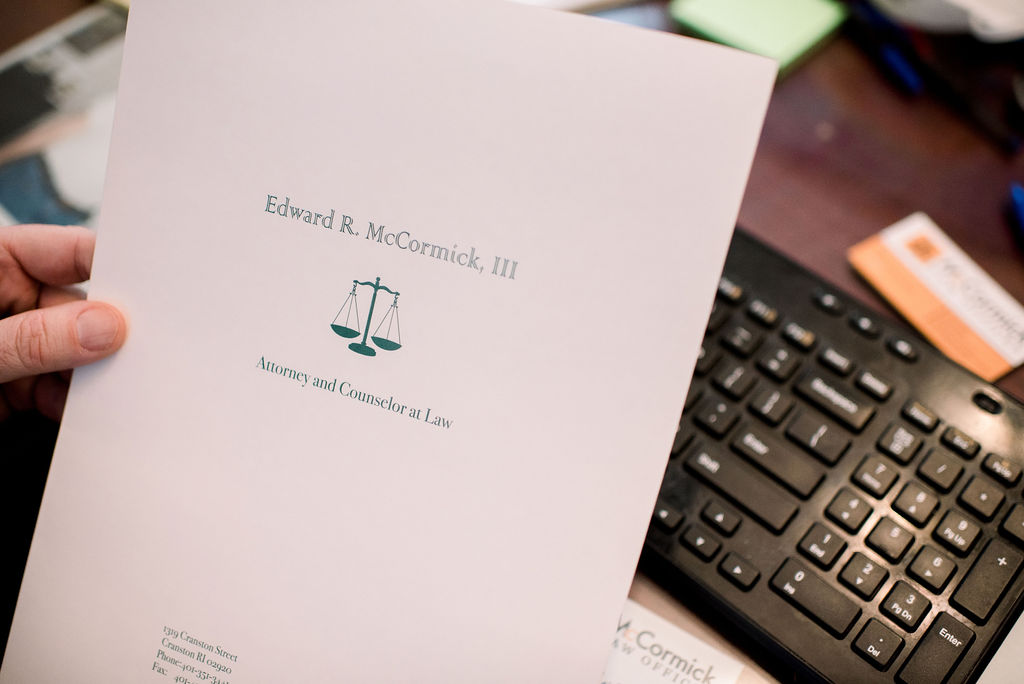Whether you’re buying property, building on your land, or disputing a neighbor’s use of shared space, easements, zoning, and land use laws can significantly impact your rights. These legal rules govern how property is accessed, developed, and used—often in ways that surprise homeowners. In Rhode Island, understanding these laws is essential to protecting your investment and avoiding legal disputes.
What Is an Easement?
An easement is a legal right to use another person’s land for a specific purpose. Easements are common in residential and commercial real estate and may be:
Utility Easements
Allow access for water, sewer, electric, or cable lines.
Right-of-Way Easements
Permit access through one property to reach another (e.g., shared driveways).
Prescriptive Easements
Arise through long-term, unauthorized use that meets specific legal criteria.
Easements by Necessity
Granted when land would otherwise be inaccessible without crossing a neighboring parcel.
Understanding Zoning Laws
Zoning laws divide municipalities into zones that restrict how land can be used—residential, commercial, industrial, and so on. Zoning ordinances regulate:
- Building height and size
- Lot dimensions
- Setback requirements (distance from road or neighboring properties)
- Parking minimums
- Use classifications (e.g., single-family vs. multifamily)
If your intended property use doesn’t comply, you may need to apply for a variance or special use permit from your local zoning board.
Land Use Laws and Development Restrictions
Land use laws include broader restrictions on how land can be developed or modified. These may include:
Environmental Regulations
Properties near wetlands, coastlines, or flood zones may be subject to Coastal Resources Management Council (CRMC) or Department of Environmental Management (DEM) regulations.
Historical Preservation
Properties in designated historical districts may face design restrictions or renovation limits.
Deed Restrictions or Covenants
Privately imposed restrictions (such as in HOAs) may prohibit fences, sheds, or certain paint colors.
Violating land use rules can lead to fines, cease-and-desist orders, and project shutdowns.
Why Legal Help Matters
Zoning and easement issues are not always obvious—and often come to light during:
- Property sales
- Construction projects
- Permit applications
- Neighbor disputes
A real estate attorney can:
- Interpret local zoning and land use codes
- Resolve easement conflicts
- Represent you before zoning boards or municipal agencies
- Help you apply for variances, permits, or boundary adjustments
- Review title records for hidden restrictions
Real-World Examples
- Blocked Right-of-Way: A client’s neighbor paved over an access path and claimed exclusive use. Legal review confirmed a recorded easement, and access was restored.
- Zoning Dispute: A homeowner planned to convert a garage into an apartment. Zoning law prohibited multifamily use on the lot. We successfully applied for a variance.
- Wetland Development Denial: A buyer learned post-purchase that CRMC restrictions barred building. A legal consultation could have prevented the purchase or modified plans beforehand.
Related Reading
Continue building your understanding of real estate law in Rhode Island:
Final Thoughts
Easements, zoning, and land use laws are often hidden in legal language, but they have real consequences. Before buying, building, or challenging property rights, make sure you understand what’s allowed—and what isn’t. An experienced real estate attorney helps you navigate these complexities, protect your investment, and resolve issues before they escalate.
Facing a zoning issue or easement dispute?
Contact McCormick Law Offices for trusted legal guidance across Rhode Island and Massachusetts.







